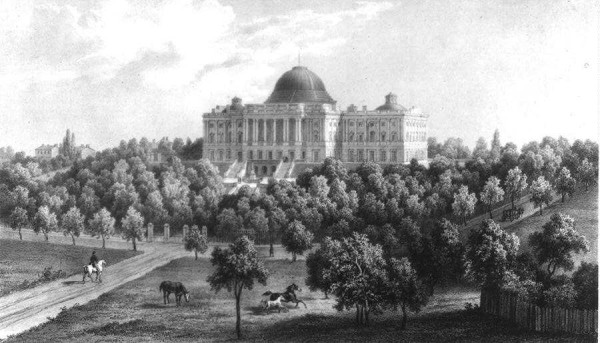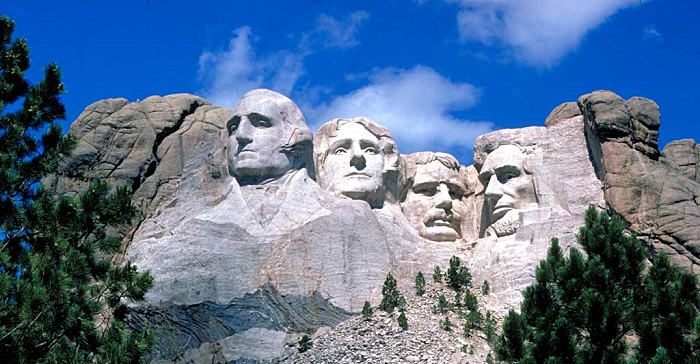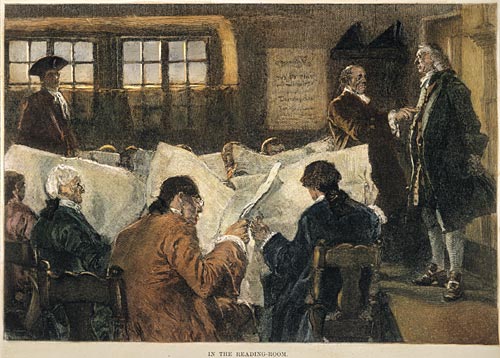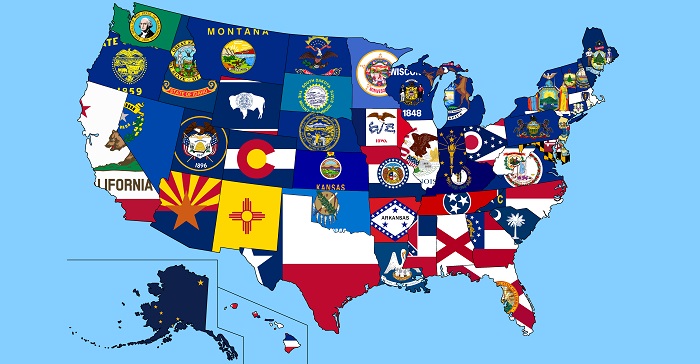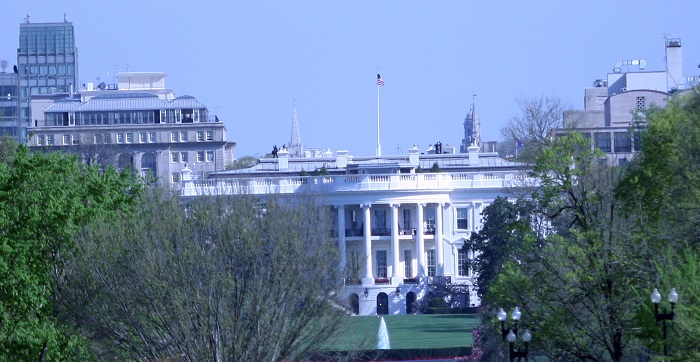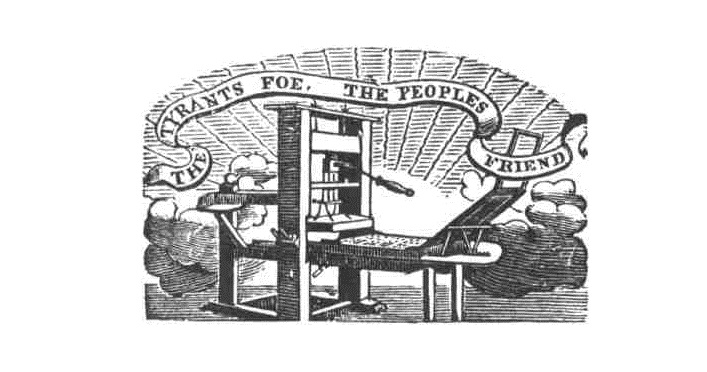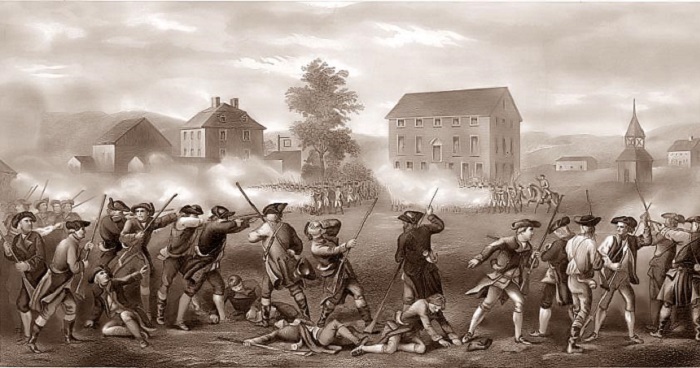If you delve into the ratification of the Constitution, you will often see the federal government referred to as the “general government.” This terminology tells us a great deal about how the founding generation understood the role of the government it created, and its relationship to the states and the people. Samuel Johnson’s 1755 Dictionary..
Read moreConstitution 101: Executive Power
Article II of the Constitution defines the role and qualifications of the president. As it does for Congress, the Constitution delegates specific powers and responsibilities to the executive branch – the power of appointment, the power to make treaties with the advice and consent of Congress, veto power, etc. These specific powers are relatively clear..
Read moreConstitution 101: Constitutional Interpretation – Living and Breathing is Dead
The first and governing maxim in the interpretation of a statute is to discover the meaning of those who made it.” –James Wilson, Of the Study of Law in the United States, Circa, 1790 Many Americans today view the Constitution as a “living, breathing” document. By living and breathing, they mean the Constitution was written..
Read moreConstitution 101: Privileges and Immunities
Article IV, Section 2 of the Constitution states that "the citizens of each state shall be entitled to all privileges and immunities of citizens in the several states." Often referred to as the "comity clause," Alexander Hamilton called it "the basis of the union." In his paper Origins of the Privileges and Immunities of State..
Read moreConstitution 101: First Amendment Establishment and Free Exercise Clauses
Congress shall make no law respecting an establishment of religion, or prohibiting the free exercise thereof... The establishment clause of the First Amendment probably counts as the provision in the Bill of Rights most twisted from its original purpose. The establishment clause was intended as a further limitation on federal power, prohibiting the establishment of..
Read moreConstitution 101: Natural Born Citizen
Article II Sec. 1 of the Constitution lays out requirements for the presidency, including a stipulation that “No person except a natural born Citizen, or a Citizen of the United States, at the time of the Adoption of this Constitution, shall be eligible to the Office of President.” We find little debate about the reason..
Read moreConstitution 101: Freedom of Speech and the Press, the Palladium of Liberty
Freedom of speech and freedom of the press were among the core liberties many American believed needed express protection in a bill of rights from infringement by the newly created federal government. Freedom of speech and the press find their roots in the same soil – liberty of conscience. If people have the right to..
Read moreConstitution 101: The Fourth Amendment
The Fourth Amendment protects our privacy and our person from unreasonable infringement by federal agents. The right of the people to be secure in their persons, houses, papers, and effects, against unreasonable searches and seizures, shall not be violated, and no Warrants shall issue, but upon probable cause, supported by Oath or affirmation, and particularly..
Read moreConstitution 101: The 2nd Amendment Militia
Two weeks ago, we looked at the Second Amendment and determined that it prohibited any federal infringement on the right to keep and bear arms, and that the prohibition even includes restrictions imposed while exercising legitimate federal power. This week we will look at the connection between the militia and the Second Amendment. “A well..
Read moreConstitution 101: The Second Amendment – Shall Not Infringe
St. George Tucker wrote the first systematic commentary on the U.S. Constitution and stood as one of the preeminent constitutional scholars through the 18th century. Tucker called the right of self-defense the “palladium of liberty.” The right of self defence is the first law of nature: in most governments it has been the study of..
Read more
